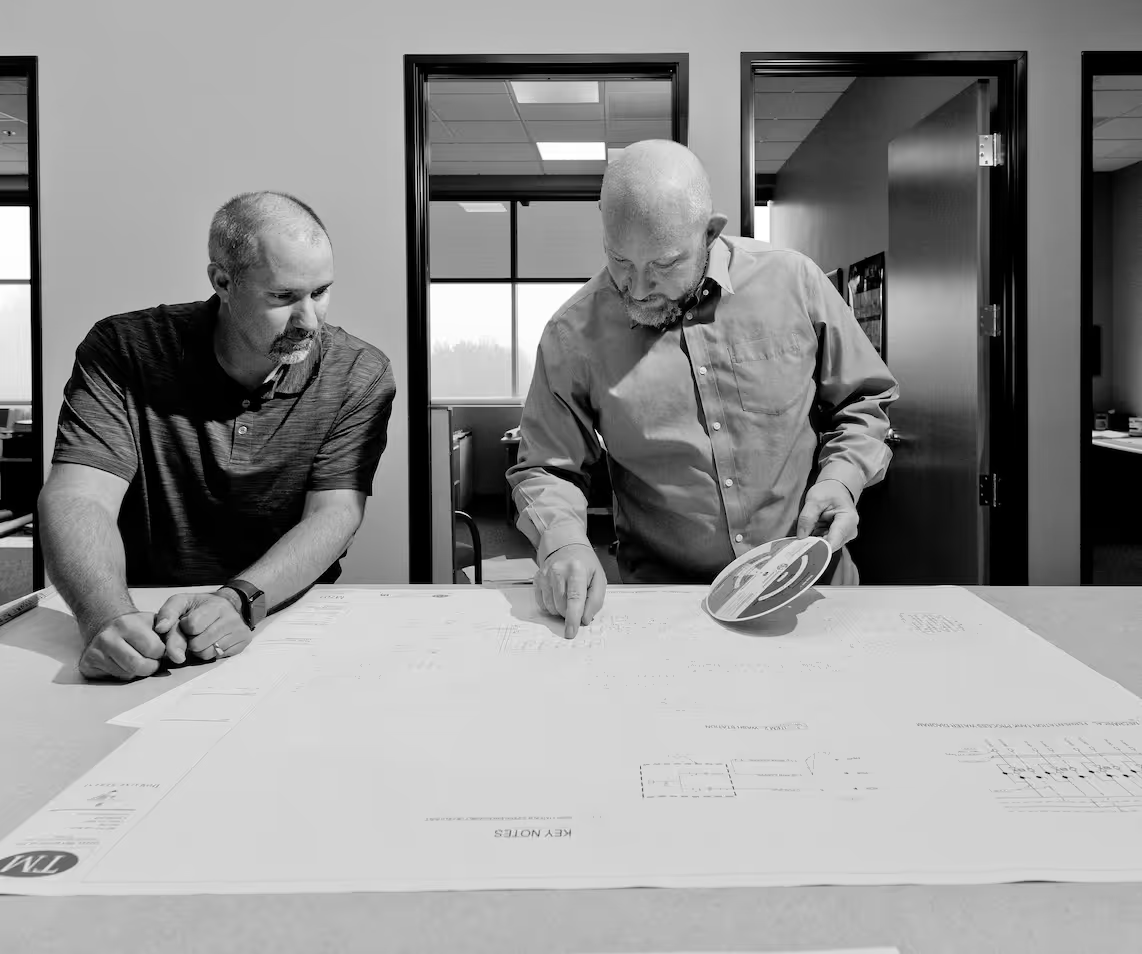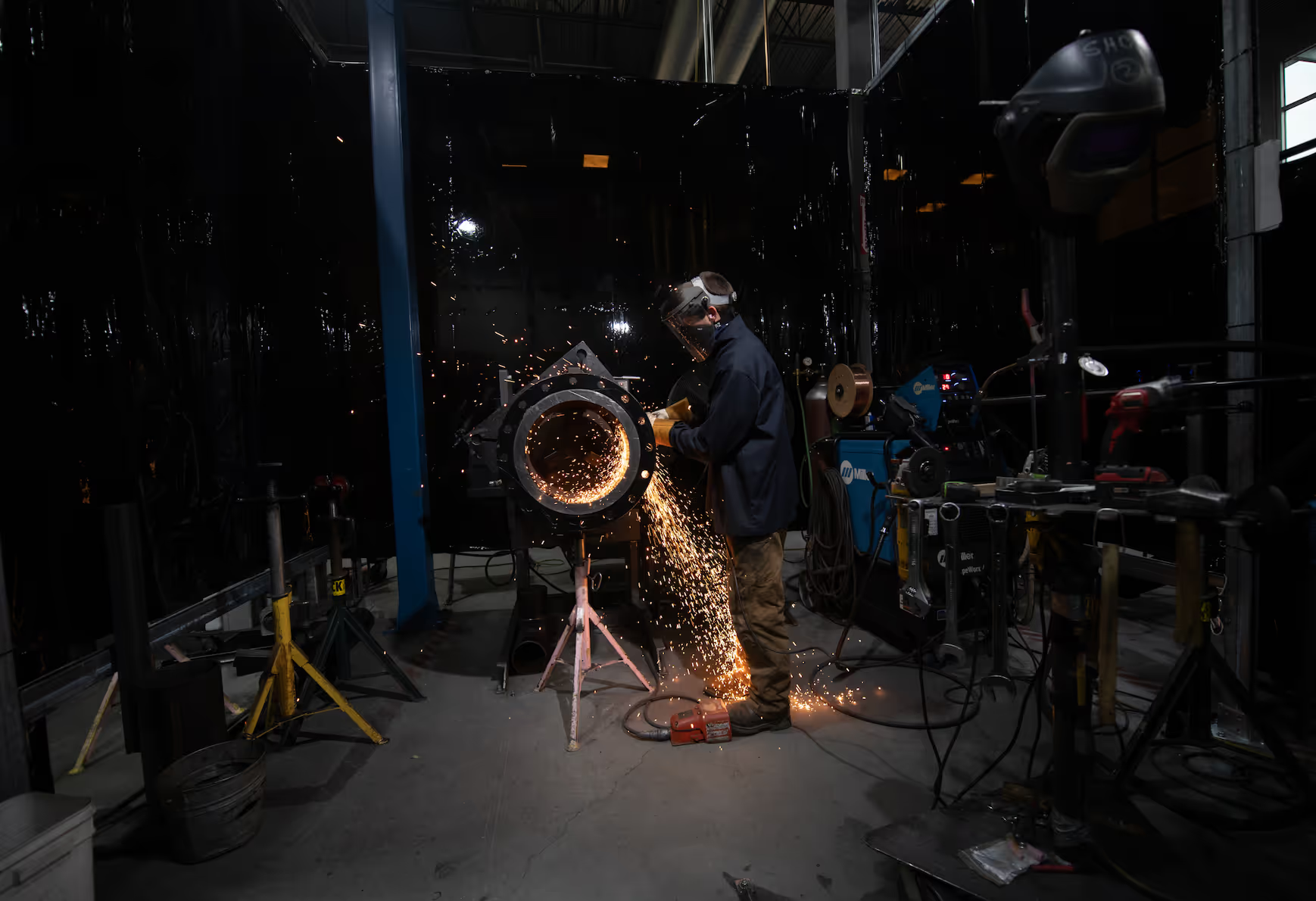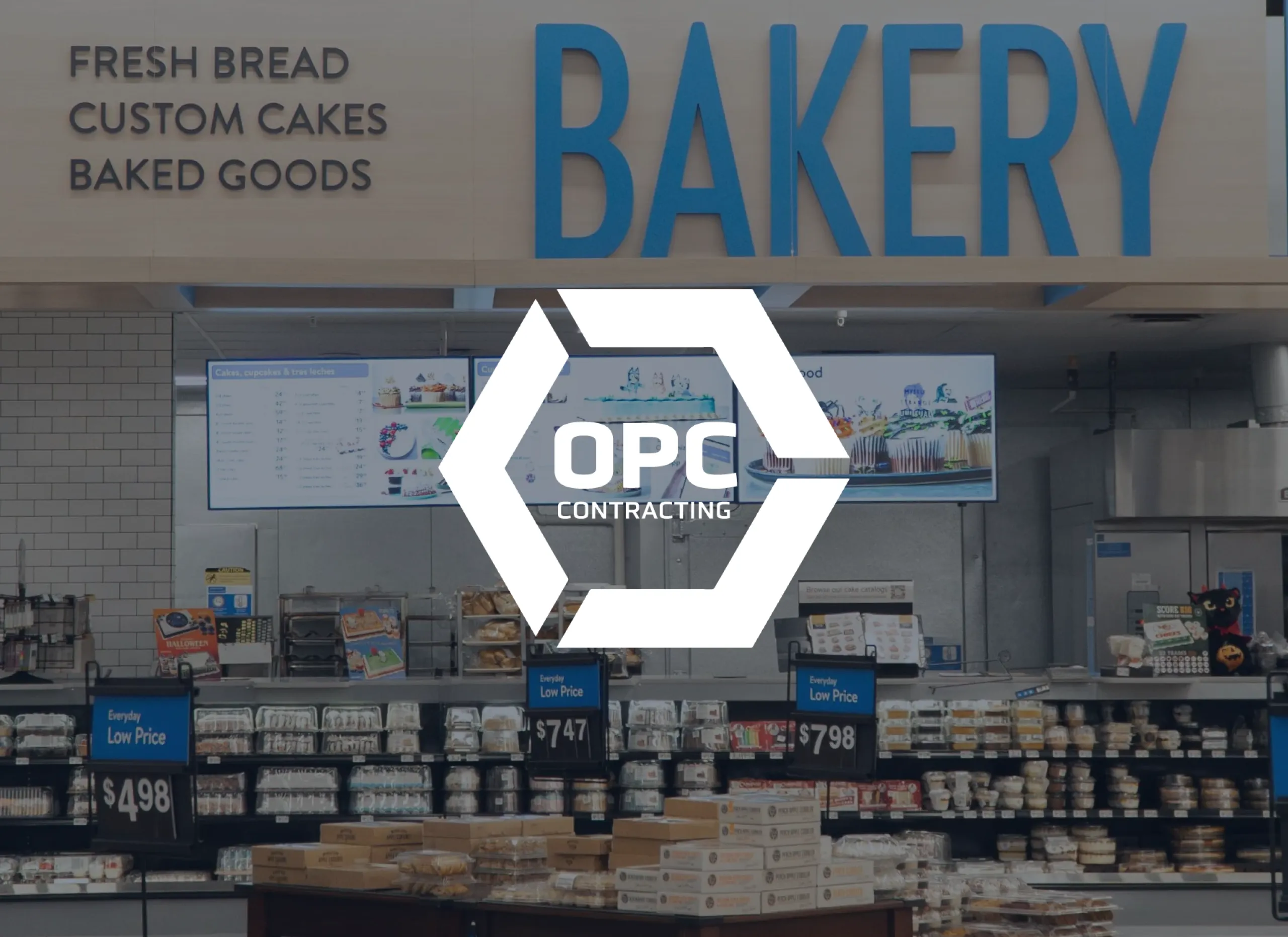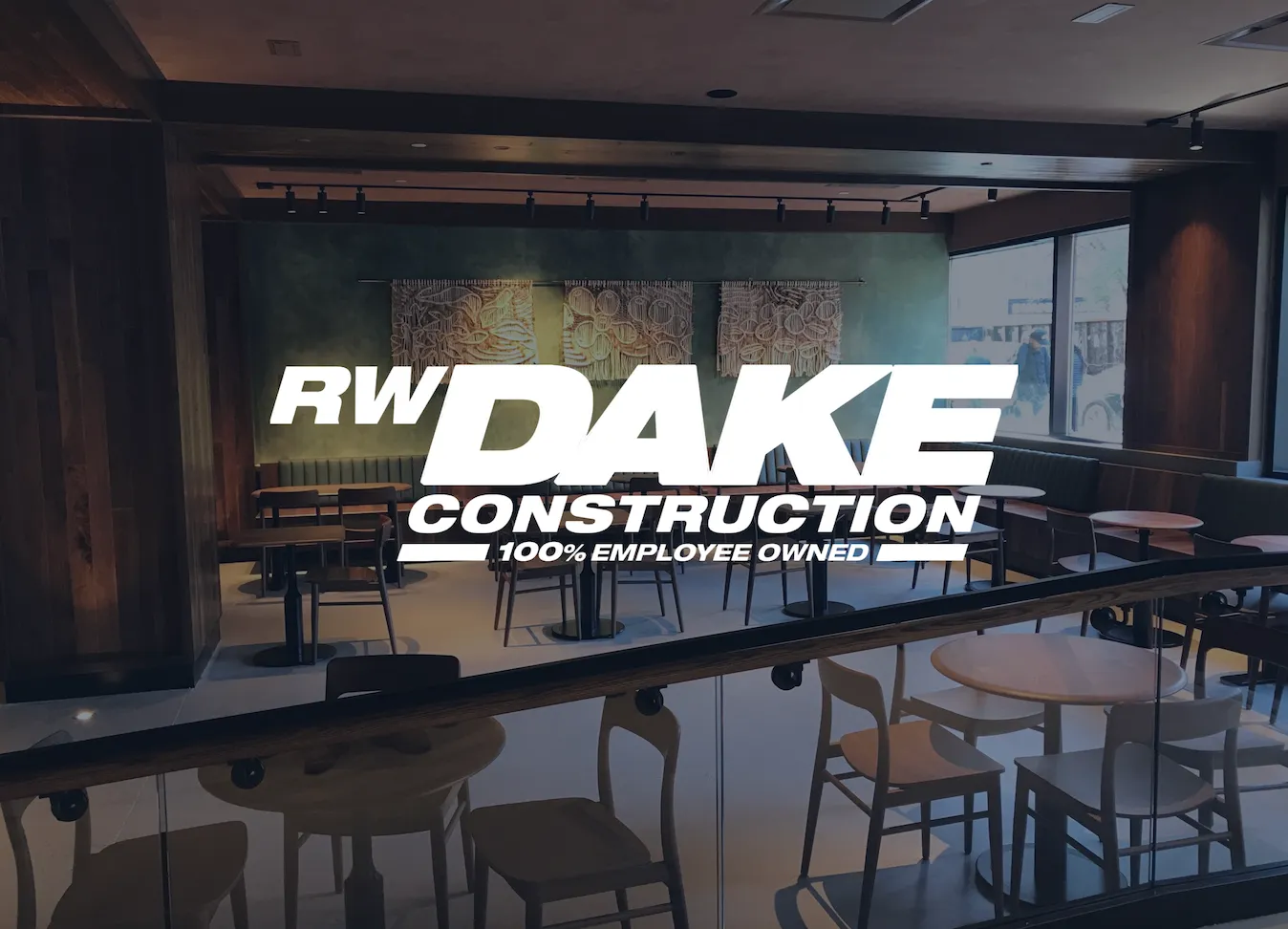Company Background
Total Mechanical has been building trust across the Pacific Northwest for more than four decades. Founded in 1979 and headquartered in Camas, Washington, the company has earned a reputation as a full-service union mechanical contractor known for handling complex builds, renovations, and high-performance systems in mission-critical environments. Their projects span healthcare facilities, schools, public institutions, and light industrial sites — places where safety, reliability, and uptime are non-negotiable.
Plumbing has always been part of that broader mechanical scope, but typically as a component of larger projects. But that changed when Total Mechanical acquired a plumbing business in Astoria, Oregon.
Unlike the main construction division, the Astoria branch runs almost entirely on plumbing service work — about 1,000 jobs annually ranging from small $5–10k service calls to massive water treatment facilities. With 15 employees split between residential and commercial service, Astoria introduced a new kind of business for Total Mechanical: high-volume, customer-facing, and service-oriented.
But the expansion raised a critical challenge: how could they scale a high-volume service division while keeping it connected to their established construction operations?
The Growing Pains of Expansion

Vista had long served as Total Mechanical’s ERP backbone. But for service operations, it fell short:
- No way to accept credit card payments in the field or offer flexible financing to customers.
- No mobile-friendly way for technicians to track timecards and see job costs.
- No service workflows designed for high-volume residential work.
ServiceTitan offered exactly what their technicians needed. But without a connection back to Vista, Astoria would either need its own accounting system or a clunky patchwork of manual workarounds. That was a non-starter.
Why Total Mechanical chose Agave
When evaluating integration options, Total Mechanical When evaluating integration options, Total Mechanical considered Trimble’s AppExchange but ultimately chose Agave. The reasons were clear:
- Expertise across both systems. AppExchange brought Vista knowledge but lacked deep ServiceTitan expertise. Agave’s team understood both platforms inside and out, which proved critical for troubleshooting issues that touched both systems.
- Ease of use. Agave’s portal offered a more intuitive interface and made ongoing administration simple for both service and accounting teams.
- Smooth and guided implementation. Setup took only a few hours, and Agave’s team walked Total Mechanical through every step. Instead of just handing over instructions, they explained why things worked the way they did, helping the team build confidence in the integration from day one.
Agave as the Connective Tissue
Agave’s integration between ServiceTitan and Viewpoint Vista became the connective tissue that allowed Total Mechanical to modernize service operations while keeping the business unified.
- Single payroll run. Technicians across locations track their hours in ServiceTitan, Agave moves those timecards into Vista, and payroll is processed once for the whole company, instead of individually by location.
- Right tool for the job. The Astoria service team works entirely in ServiceTitan, while headquarters remains in Vista. Agave ties them together, letting each team stay in the platform that best meets their needs.
- AR flexibility. Total Mechanical can take payments from customers in either ServiceTitan or Vista, and Agave ensures both systems stay aligned.
- Lower license costs. Because more staff can operate entirely within ServiceTitan, Total Mechanical avoids adding extra Vista licenses — instant savings that quickly offset the cost of integration.
Growing Without Adding Complexity

With Agave in place, the Astoria acquisition has become more than a one-off project — it’s now the blueprint for future expansion.
By keeping one set of books in Vista while layering on ServiceTitan for service operations, Total Mechanical can scale from 8 to 30 techs without adding complexity. Leadership expects to replicate this model in other remote locations, fueling faster growth at lower cost.









